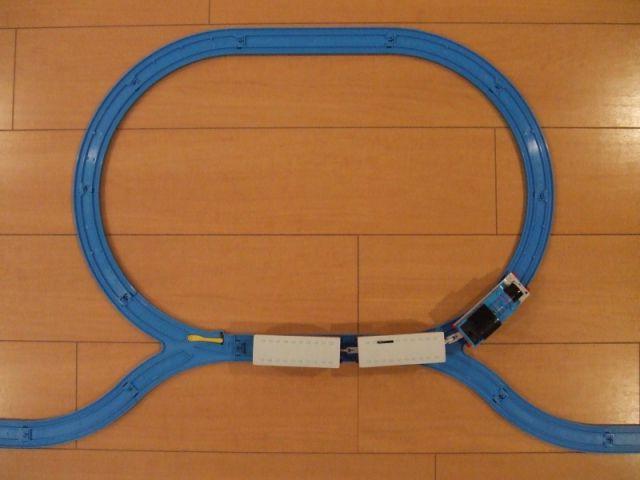

| Kyoto Univ. > RIMS > Computer Science > People > Hassei's Home Page (English / Japanese) |


| Research Interests | Publications | PhD Thesis | Manuscripts | In Japanese | People and Places |

[ List of publications from DBLP | AMS MathSciNet ]


 PhD Thesis (Book)
PhD Thesis (Book)







Masahito Hasegawa / hassei at kurims.kyoto-u.ac.jp